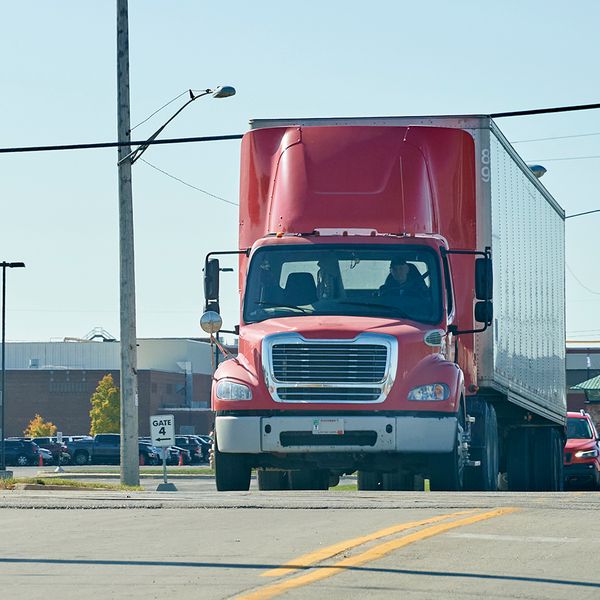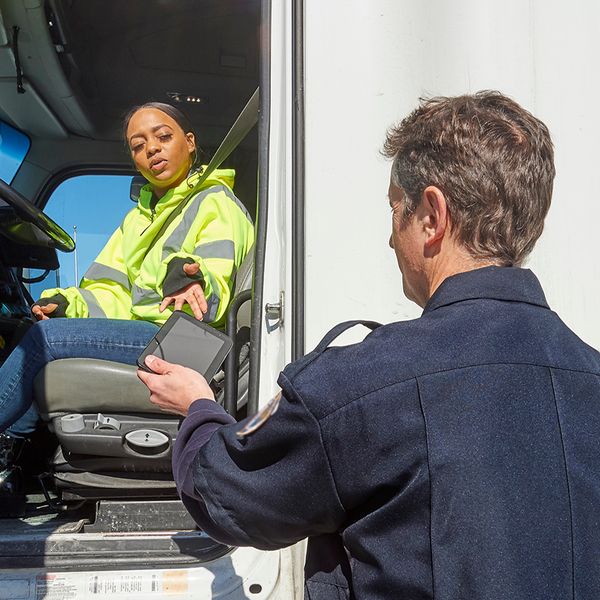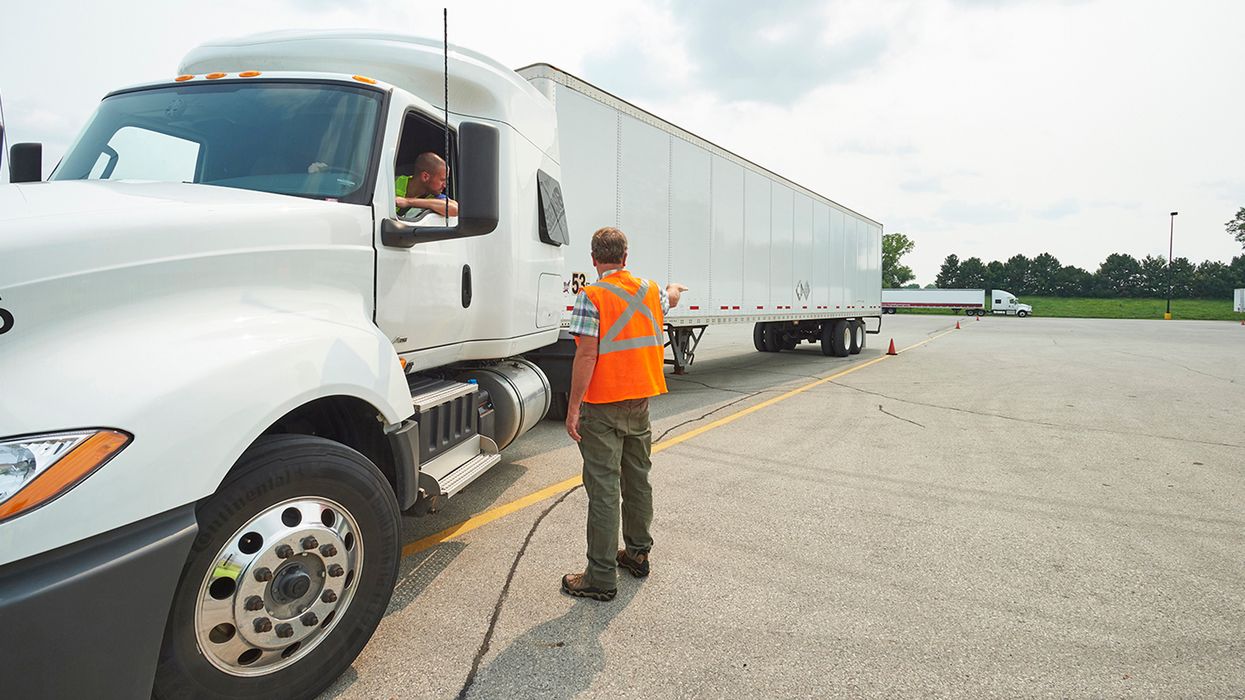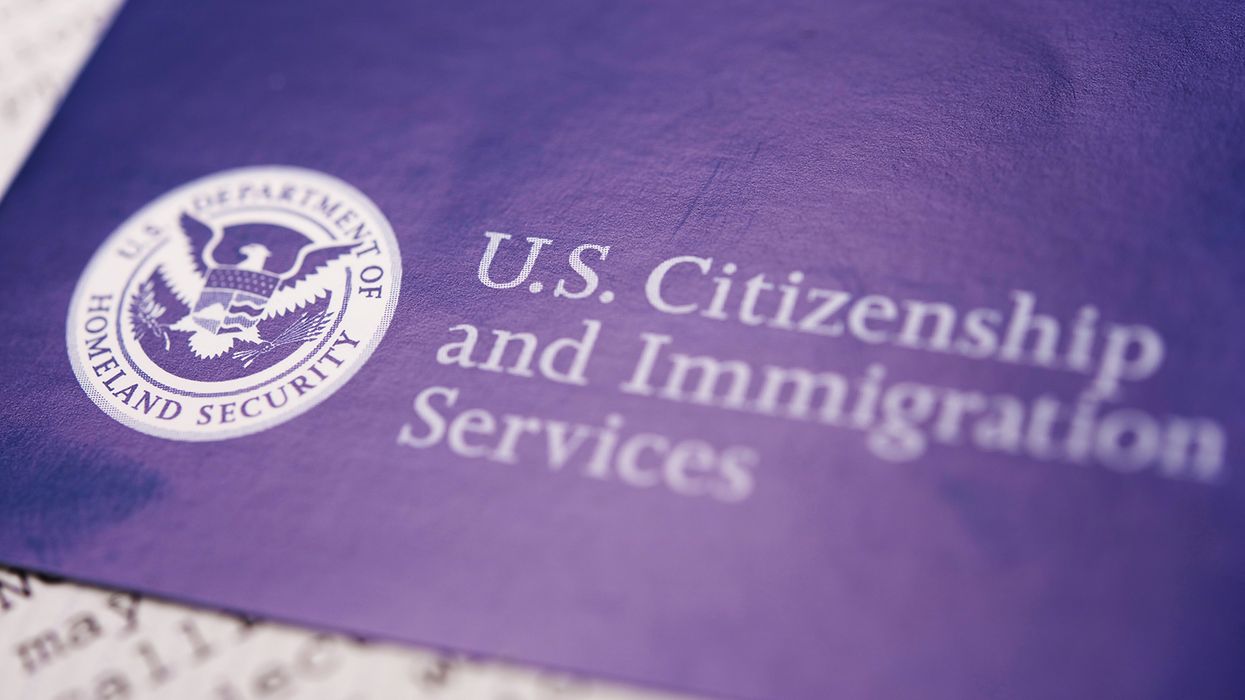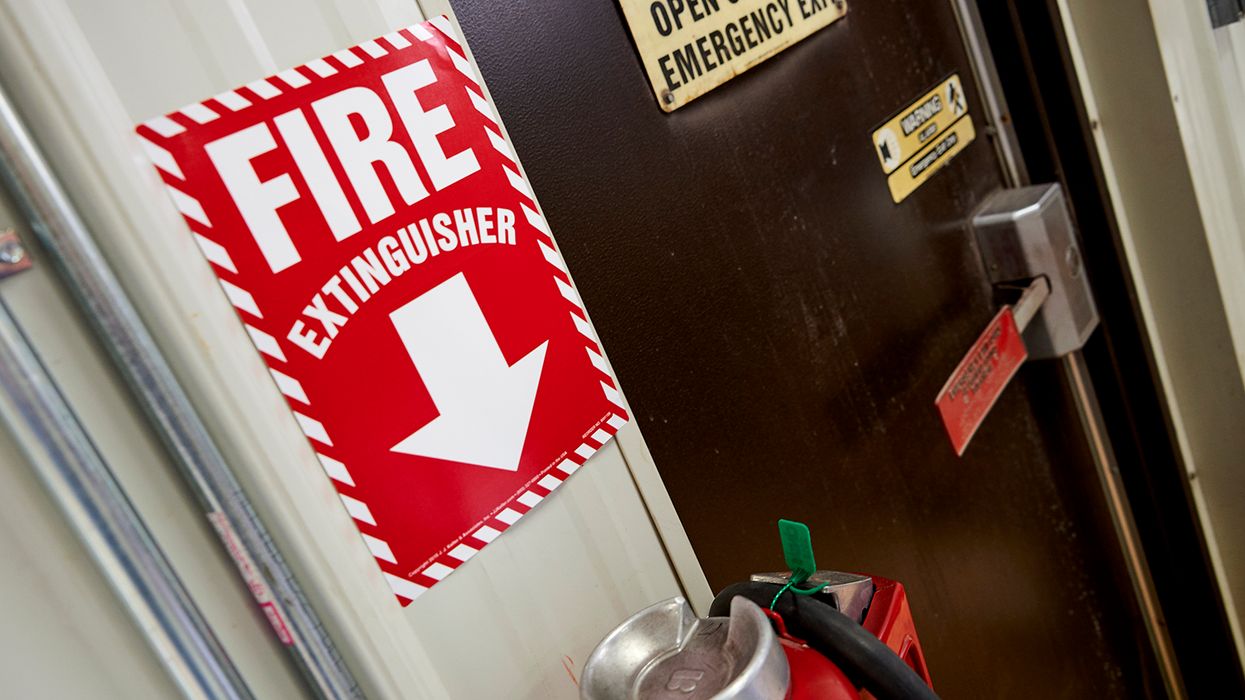Is it time to embrace the electronic bill of lading?
In the digital age, the logistics industry is rapidly transitioning towards paperless operations, and the electronic bill of lading (eBOL) stands at the forefront of this transformation. With new standards emerging, motor carriers are presented with compelling reasons to shift from traditional paper to electronic bills of lading.
The new standards for eBOL streamline documentation processes, ensuring greater efficiency and accuracy in cargo transactions. Electronic systems allow for real-time updates, reducing the risk of errors associated with manual data entry and document handling. Additionally, eBOLs offer enhanced security features, including encryption and digital signatures, safeguarding sensitive information, and mitigating the risk of fraud or tampering.
Consider the benefits
Motor carriers stand to benefit significantly from adopting eBOLs. One of the key advantages is cost savings. By eliminating the need for paper, printing, and storage, carriers can reduce overhead expenses associated with traditional documentation. Electronic bill of ladings facilitate faster processing and retrieval of information, leading to improved operational efficiency and quicker turnaround times for shipments.
Electronic documents offer greater flexibility and accessibility compared to their paper counterparts. They can be accessed and transmitted from anywhere with an internet connection. Another key benefit is that they contribute to sustainability efforts by reducing paper consumption and carbon emissions associated with transportation and logistics. Embracing electronic documentation aligns with the industry's goals of promoting environmental responsibility.
Challenges areas for electronic documentation
Motor carriers face several challenges when adopting eBOLs. Establishing a robust technology infrastructure to support the creation, transmission, and storage of eBOLs requires significant investment in IT systems and data security measures to safeguard sensitive shipment information. Additionally, achieving interoperability between different systems used by carriers, shippers, and customs authorities is crucial for seamless communication and document exchange.
Overcoming resistance to change from stakeholders accustomed to traditional paper-based processes requires effective education and demonstration of the benefits and reliability of electronic solutions. Successfully addressing these challenges is essential for motor carriers to harness the efficiency and cost-saving potential of electronic bills of lading.
The adoption of eBOLs represents a significant step forward for motor carriers seeking to modernize their operations and stay competitive in the evolving logistics landscape.
Key to remember: By embracing eBOLs, motor carriers can unlock cost savings, improve sustainability, and position themselves for success in the digital era of transportation and logistics.






